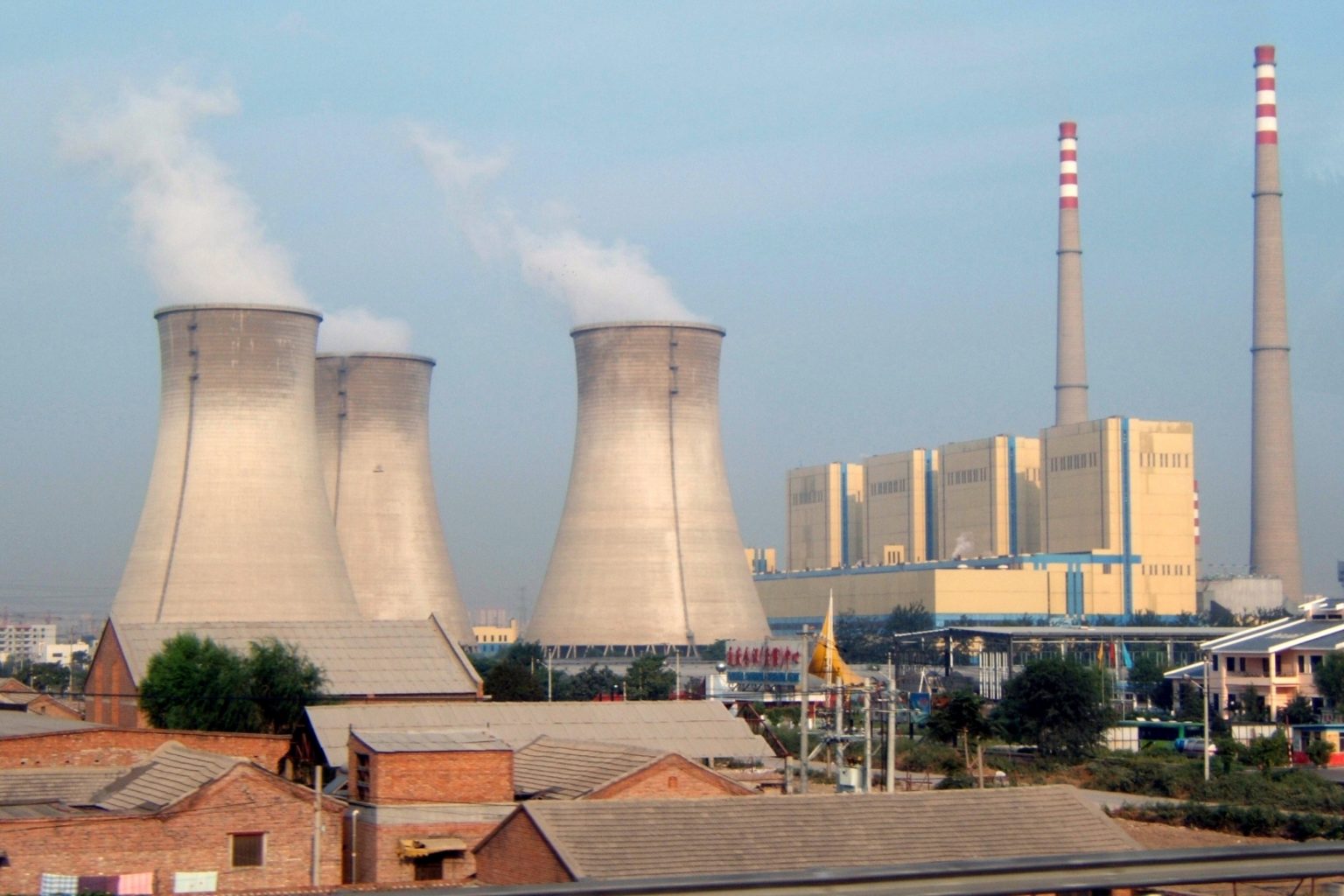The amount of coal power being developed around the world has shrunk dramatically during the first have of this year a new report from CoalSwarm’s Global Coal Plant Tracker reveals.
Between January and July 2016 there has been a 14 percent decline in the amount of coal power capacity in the pipeline, down 158 gigawatts (GW) from 1,090 GW to 932 GW. This is about equal to the European Union’s entire coal-fired generating capacity (162 GW).
The drop in the total amount of planned coal power plants – those in the pre-construction phase – was mainly due to the recent shift in policies in Asia, the report states, with the amount of China’s expected coal capacity dropping by 114 GW and India’s by 40 GW.
Europe’s planned coal power capacity dropped by 2.4 GW and North America was down by 1.5 GW during the six months since January.
Commenting on the report’s findings, Tim Buckley, Director of Energy Finance Studies, Institute for Energy Economics and Financial Analysis, said: “The Global Coal Plant Tracker update provides a clear signal that post-COP21 at Paris, key countries like China and India are moving to reflect the new global focus on moving away from an excessive reliance on coal fired power generation.”
“The facts on the ground are changing in power markets across the world,” added Ben Caldecott, director of the sustainable finance programme at the University of Oxford Smith School.
“Competition from renewables, concerns about air pollution and water stress, and the fact that new coal is incompatible with climate change, mean that companies and their investors have to respond to these material risks by cancelling planned projects. This trend will accelerate over time.”
In June, India’s Minister of Power stated that no more power plants would be needed in the next three years.
But the country still has the second highest amount of capacity currently proposed (178 GW) and under construction (65 GW). The report notes, however, that 35 percent of the India’s existing coal power capacity is sitting idle, “raising questions about the viability of future projects”.
Meanwhile in China, which has seen the biggest decline in planned coal power capacity, the country actually continues to have the most proposed coal power (406GW). But as the report states, this is a “significant decrease” from January when it had 519GW in the pipeline.
The drop is in large part due to the government guidelines issued in April which led to 77.5GW of the country’s pre-construction proposals being suspended. And the government has also suggested that all new coal plant construction may be halted until 2018.
Yet CoalSwarm warns that with 205GW of coal plants under construction and another 11,580 MW commissioned this year, “it remains to be seen how effectively the central government can rein in provincial coal plant building.”
So despite the significant global reduction over the past few months, there’s still a long way to go to achieving the Paris climate targets and cutting pollution.
In fact, the level of capacity that is still going ahead worldwide is enough in itself to exceed the goal of limiting warming to 1.5C the report calculates.
While coal appears to be declining in Asia, Europe and North America, it is very much increasing in Africa and Egypt.
CoalSwarm Director Ted Nace also noted a recent report by the International Energy Institute showing 6.5 million deaths a year from air pollution, with coal being a primary factor.
He said: “While the recent shrinkage in the coal plant pipeline is significant progress, much steeper reductions are needed to avoid serious danger.”
Photo: Bret Arnett via Flickr
Subscribe to our newsletter
Stay up to date with DeSmog news and alerts







